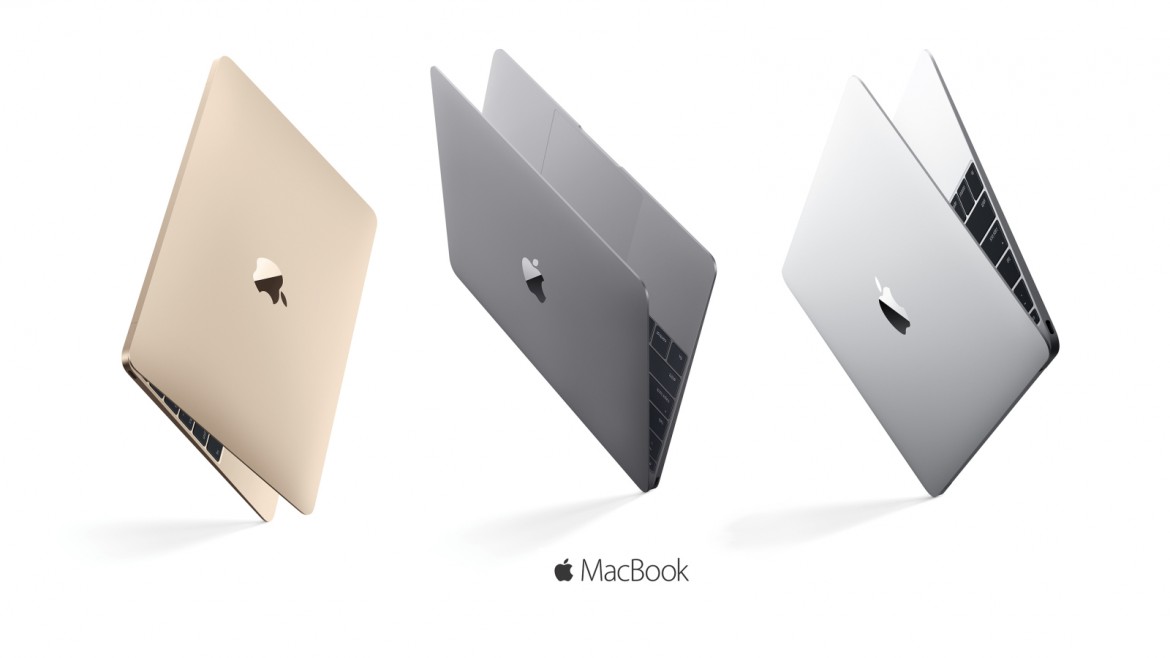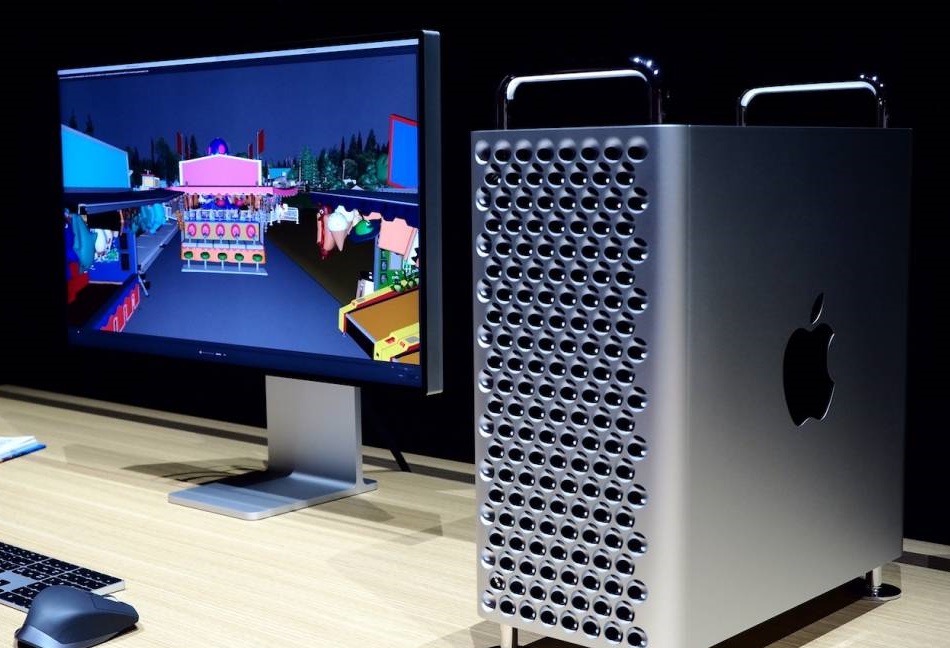

Still, they do give a rough indication of how a CPU performs by the numbers, which greatly makes the task of illustrating and explaining much easier. Benchmarks are not necessarily indicative of real-world performance, which is why we said before that they're hardly scientific. We grabbed a range of five single-core scores and five multi-core scores for each chipset and calculated an average for each score from there. But by how much? It's now time to analyze benchmark scores and pin down exactly how much of a gap is there between the different M1 chips.įor this comparison, we took multiple GeekBench 5 scores for each chipset (M1, M1 Pro 8-core, M1 Pro 10-core, and M1 Max), and we calculated an average for each single-core/multi-core figure for the sake of consistency. As a result, it has 16 billion transistors compared to the M1 Pro's 33.7 billion, and it's a less performant chip overall. It's an 8-core chip built in the same 5nm process as the M1 Pro and Max, but the die is much smaller. The Apple M1 was launched in 2020, and it made waves back then precisely because it packs horsepower for days. How much faster is the M1 Pro compared to the M1? And is the M1 Ultra a big jump from both?

Now it's time to pitch them both against Apple's first, and still very respectable, M1 processor. How Much Faster is the M1 Pro Than the M1? How About the M1 Ultra?

And of course, the Apple M1 Max also carries a beefier GPU, giving users 24-core and 32-core options over the M1 Pro's 14-core and 16-core presentations. Apple likes to flaunt its new CPU's muscle mass in transistor count, and the M1 Max packs 57 billion of them, compared to the M1 Pro's 33.7 billion. The M1 Max is also a 10-core chip, but it packs a bigger punch than the M1 Pro, scoring slightly higher in benchmarks. What you need to know is that it also doesn't take any spotlight away from the M1 Max, Apple's true shining star this time around. We'll discuss these benchmarks in more detail later in this article (and yes, we know benchmarks are hardly scientific evidence). It's a testament to the difference two extra cores make when we're talking about raw horsepower. We looked up some benchmarks to get a rough ballpark on what's the performance difference between both chips, and while there's virtually no single-core difference, there's a marked improvement in multi-core performance. The difference between the M1 Pro 8-core and the M1 Pro 10-core is also pretty drastic.


 0 kommentar(er)
0 kommentar(er)
